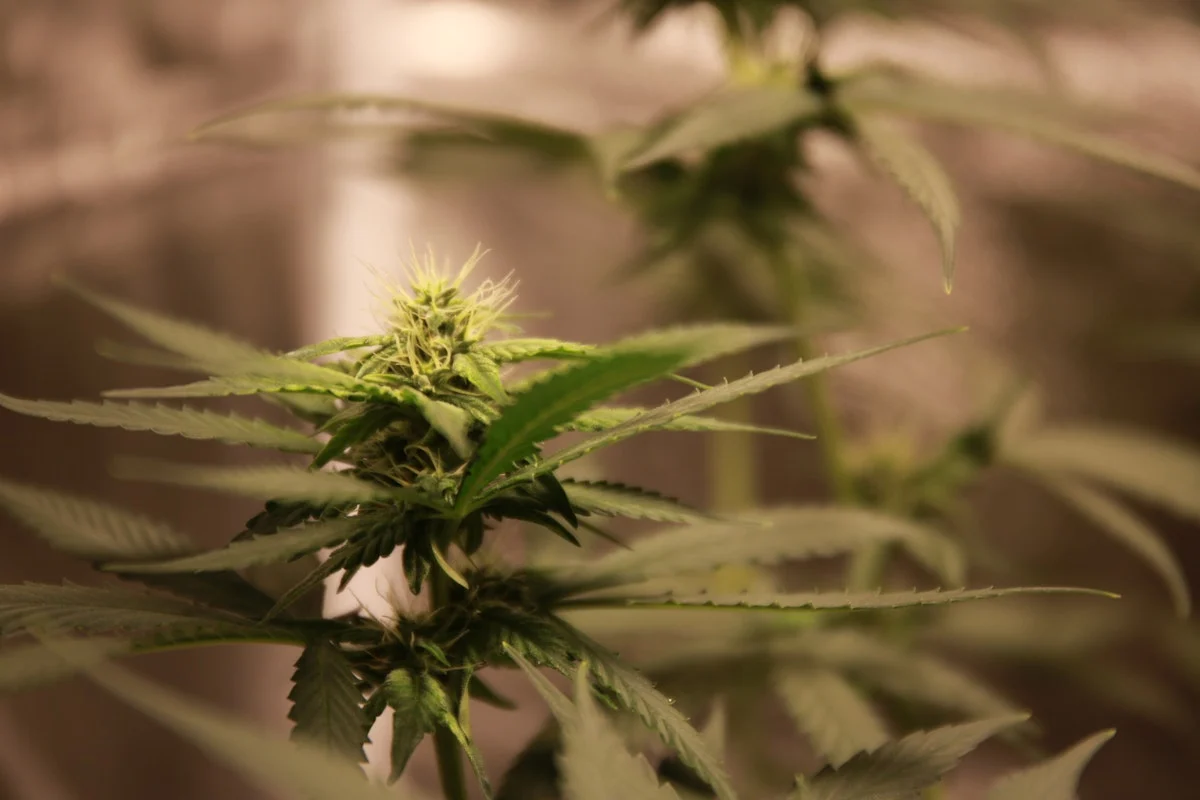A proposal to regulate and tax medical cannabis in Nebraska failed to advance after a cloture motion did not pass during the initial debate on May 20. The motion needed 33 votes but received only 22, halting further discussion for the day.
This legislative effort follows the approval of two ballot initiatives last November that protect qualified individuals from legal penalties related to medical cannabis use, provided they have a recommendation from a healthcare provider. These measures also established the Nebraska Medical Cannabis Commission, which is tasked with overseeing the industry and setting criteria for cannabis establishment applications by July 1.
Senator Ben Hansen of Blair introduced LB677, which aims to create a regulatory framework for medical cannabis. The proposed law would establish licenses for various cannabis-related activities, including cultivation, dispensing, manufacturing, transportation, and testing. The bill also limits the number of licenses per congressional district and allows applicants to begin the licensing process starting January 1, 2026.
Under the proposal, healthcare practitioners—including physicians, physician assistants, and nurse practitioners—could issue written recommendations for up to five ounces of medical cannabis for patients with qualifying conditions. For patients under 18, parental approval is required. To obtain medical cannabis, individuals must first apply for a registry card through the commission, which will charge an application fee of up to $45.
The bill also outlines restrictions on cannabis use and possession in certain locations, such as school grounds and correctional facilities. Schools may implement regulations for the use of non-smoked or vaporized cannabis by students in designated areas. Additionally, the bill proposes a 4% sales tax on all medical cannabis products, with proceeds directed to the Property Tax Credit Relief Fund.
Senator Hansen emphasized the importance of ensuring safe access to medical cannabis by requiring rigorous product testing, seed-to-sale tracking, and childproof packaging. He stated, “I want to treat this about as close as we possibly can to a pharmaceutical medication.”
An amendment proposed by the General Affairs Committee seeks to modify the bill by increasing the sales tax to 5.5% and allowing local governments to impose an additional 2% tax on dispensaries. The amendment would also prohibit the smoking of medical cannabis and limit the amount of dried flower that patients can possess to two ounces. Furthermore, it narrows the definition of qualifying medical conditions to 15 specific ailments, including cancer, epilepsy, and severe chronic pain.
The amendment also includes a provision allowing out-of-state healthcare providers to recommend medical cannabis to patients in Nebraska, provided they have been treating those patients for at least six months. Supporters of the amendment, including Senators John Fredrickson and Glen Meyer, argue that it would create a well-regulated medical cannabis program.
Despite the support, some legislators raised concerns. Senator Dunixi Guereca warned that the commission’s makeup, which includes members perceived as anti-marijuana, could hinder access to medical cannabis. Senator Jared Storm argued that the Legislature should wait for a ruling from the Nebraska Supreme Court regarding the validity of the ballot initiatives before proceeding with the bill.
Senator Robert Dover echoed this sentiment, stating that the newly formed commission should be allowed to carry out its duties before the Legislature intervenes. Senator Beau Ballard expressed concerns about the potential for the broad definitions of qualifying conditions to lead to misuse of medical cannabis. He cautioned against allowing too many individuals to qualify for medical use without sufficient oversight.
After a lengthy debate lasting eight hours, Hansen’s cloture motion failed, effectively shelving LB677 for the remainder of the session. The outcome leaves the future of medical cannabis regulation in Nebraska uncertain as the commission prepares to establish its guidelines and criteria for the upcoming licensing process.




